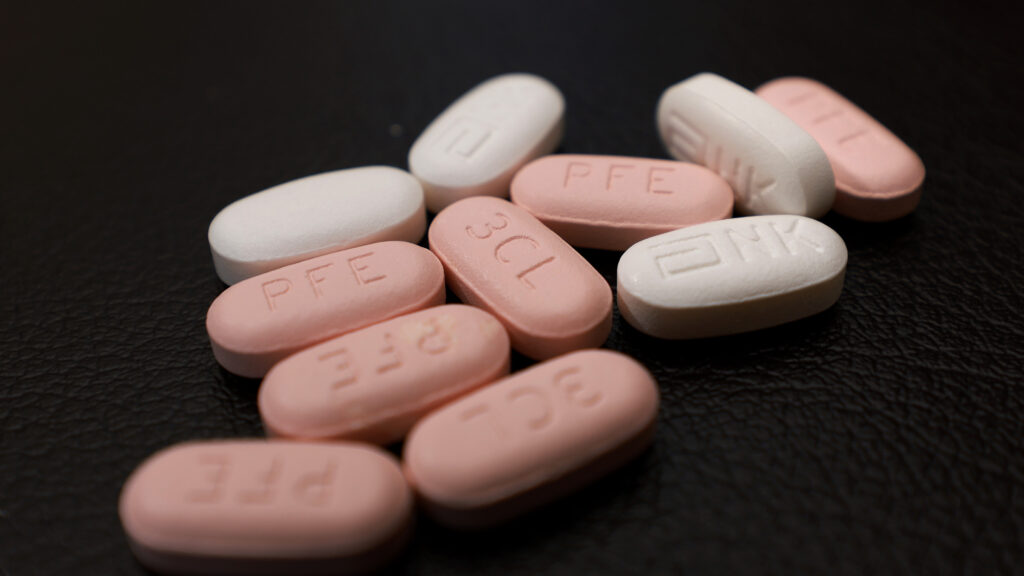WASHINGTON — The National Institutes of Health on Monday took long-delayed steps to begin enrolling patients in clinical trials to test long Covid treatments, and the Department of Health and Human Services created an Office of Long Covid Research that the Biden administration first announced nearly a year ago.
Congress in December 2020 gave the NIH $1.15 billion to research and test treatments for long Covid. The trials were initially supposed to launch last fall but were delayed three separate times, according to documents obtained by STAT.
advertisement
The only trial underway right now will test whether a longer regimen of Pfizer’s antiviral Paxlovid alleviates symptoms of viral persistence. A previous study at Stanford University testing whether Paxlovid helped long Covid patients was stopped early after results from an interim analysis.
Duke University officials in charge of running the new clinical trials said that they plan to test a longer regimen of Paxlovid than Stanford did, and that the full results from the Stanford study are not complete.
“In science in general, there’s often different interventions that are tested in different populations or in different durations. And so you may have different results,” said Adrian Hernandez, executive director of the Duke Clinical Research Institute.
advertisement
Another trial to address symptoms of brain fog will test brain training software developed by Posit Science Corp. and Mount Sinai Health System, as well as a device used for home-based transcranial direct current stimulation developed by Soterix Medical. The brain fog trials will launch within the next few weeks. These Phase 2 trials will include between 100 and 300 patients per trial, or per trial arm.
Trials in two other symptom areas will launch in “two to three months,” said Duke Clinical Research Institute principal investigator Kanecia Zimmerman.
Trials to address sleep issues will test two wakefulness-promoting drugs, modafinil and solriamfetol, to treat excessive sleepiness and melatonin, light therapy, and educational coaching to treat sleep disturbances.
The other area of focus will address symptoms including heart rate, breathing, and digestive activity. The trials will evaluate intravenous immunoglobulin therapy and ivabradine, a drug currently used to treat chronic heart failure in people with an elevated heart rate. The agency did not provide details on what drugs might be tested.
The NIH again delayed a particularly controversial trial to address exercise intolerance that has drawn a firestorm of criticism from experts and patients, who were concerned that the methods under consideration could harm patients with a condition called post-exertional malaise. The NIH said the trial is still under development and gave no timeline for when it might begin.
“It’s not being deprioritized in any way,” Hernandez said. The trial design is still under development to ensure physical or mental therapies are scalable, he said.
Trials currently planned are “funded through completion,” NIH acting Director Lawrence Tabak said, but the agency would need more funding to study additional interventions.
“We appreciate that there’s a lot more to be learned and no doubt, there’ll be other things that we’re going to have to test in the future,” he said.
The new HHS long Covid research office will be working across departments to coordinate efforts and identify gaps in research strategies.
There is currently only funding for two full-time employees, but the office will also work with contractors and have staff detailed from other areas of HHS, said Michael Iademarco, deputy assistant secretary for science and medicine at the Office of the Assistant Secretary of Health.

